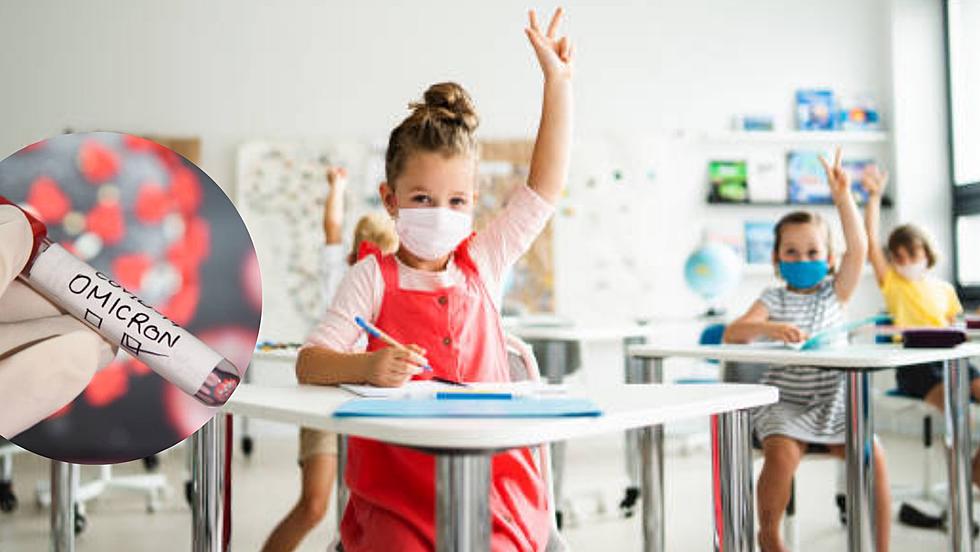
The Most Common Illness Spreading Around CO Schools? Not COVID-19
The most common illness currently spreading in classrooms across Colorado schools might surprise you.
These days, everybody has their mind on COVID-19; feeling a runny nose coming on? It's COVID. Have a tickle in your throat? COVID. Coming down with cold symptoms?
Definitely. COVID.
(PS: that was sarcasm. Those things don't necessarily mean you have COVID - but who can help but feel this way during a global pandemic that's directly affected the health of millions worldwide, and continues to do so every day?)

The new COVID-19 variant, Omicron, continues to spread like wildfire across the nation, in Colorado, and, in particular, within Colorado schools.
But is it the only virus circulating around classrooms across the state? No.
In fact, not only is COVID-19 not the only virus circulating around Colorado classrooms, it's not the most common one, either.
The chief medical officer at Rocky Mountain Hospital for Children says that Respiratory Syncytial Virus - or RSV - is the one virus more prevalent within Colorado students than any other.
"COVID is increasing in its prevalence. It’s not making children as sick as it has been in adults, but there are some children, particularly those at risk — those would be kids who are obese, have chronic kidney or heart disease, or have other respiratory illnesses — tend not to do as well with COVID,” she continued.
While RSV might be the primary illness directly impacting students across Colorado, the effects of COVID-19 aren't too far behind.
There's even a third illness - adenovirus - that is also impacting Colorado students, according to medical experts.
“The one thing I’m concerned about is if a parent gets a test on their child for COVID and it’s negative, they assume they can let their guard down when they really can’t because these other viruses can be equally as serious,” said Dr. Washington.
What's interesting is that, while healthcare professionals expected more flu cases around this time of year, the actual number of children coming down with the flu remains virtually none.
In the meantime, doctors suggest that should you or your child experience any of the symptoms that correlate with any illness, rather than self-diagnose, treat symptoms accordingly.
How to Make a No-Sew Face Mask From Leggings
READ MORE: Here are 50 ways you can improve your work from home lifestyle
More From K99









